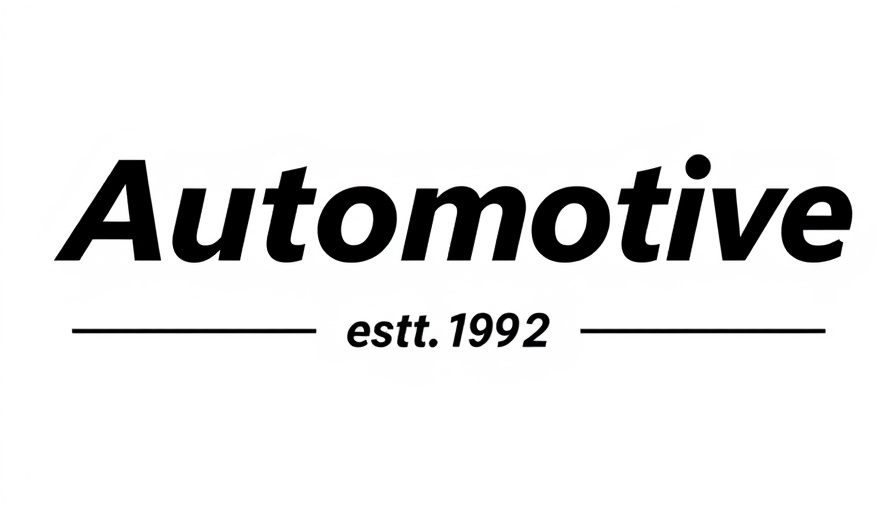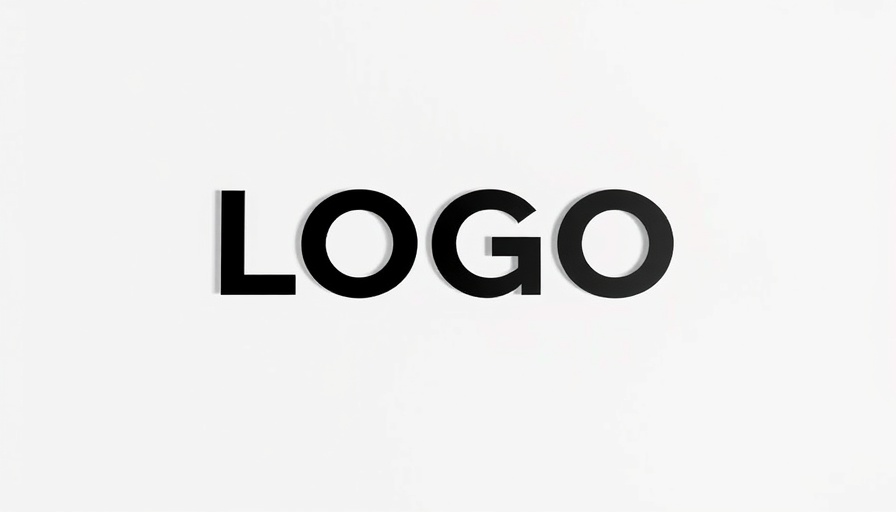
The Hidden Risks of Goal Setting
Goal setting is an essential part of any managerial strategy, particularly in the fast-paced environment of dealership management. However, it can also lead to pitfalls that undermine both individual performance and organizational health. The tragic case of Pieter Swart, who died pursuing his dream to summit Everest, serves as a unique warning. His story highlights how obsession with one's goals—or "summit fever"—can blur the lines between ambition and recklessness.
Avoiding the Tunnel Vision Trap
Tunnel vision can lead to catastrophic oversights, particularly in the automotive industry where attention to detail is key. Consider the case of Wells Fargo, where employees' obsession with meeting targets led to unethical practices like the creation of fake accounts. This underlines the importance of balancing goal pursuit with ethical business practices.
To prevent tunnel vision, dealership managers can implement the SEE model: Systematize red flags, Encourage ethical actions, and Establish exit rules. Regular check-ins on both performance and ethical standards can help maintain a healthy balance in goal pursuit.
Shifting Your Motivation Perspective
A common trap in dealerships is the motivation shift—focusing solely on numbers rather than the joy of improvement. This shift can lead to dissatisfaction and burnout among sales teams. For instance, salespeople might fixate on achieving monthly quotas at the expense of building genuine customer relationships.
Instead, dealership managers should cultivate a culture where mastery is prioritized over mere ego boosts. Emphasizing team-based goals and celebrating small wins along the way can rekindle joy in daily tasks and foster a harmonious work environment.
Luck vs. Skill: Distinguishing Effective Practices
It’s easy to mistake luck for skill when evaluating performance outcomes. Just because a sale closed doesn't necessarily mean the approach was sound; it may have been a happy accident. To navigate this, managers should ask critical questions about decision-making processes. Evaluating choices instead of just results will lead to smarter strategies and improved forecasting in dealership operations.
Making Meaningful Connections
Goal setting should align with deeper values, such as customer satisfaction and long-term relationships. Engaging staff in discussions about their personal career aspirations and how these align with dealership objectives can create a motivated team that feels valued and understood.
Final Thoughts: What’s Your Next Move?
As dealership leaders, it’s essential to understand the interplay between goal setting and overall well-being—both personally and organizationally. Acknowledging the potential traps in goal-setting processes can lead to greater operational efficiency and job satisfaction. What steps are you taking to ensure that your goals are not just about outcomes but also about ethical practices and personal well-being?
Incorporating these insights can absolutely transform your dealership management strategies. Remember, successful goal setting is less about reaching the summit and more about enjoying the journey to get there.
 Add Row
Add Row  Add
Add 

 Add Row
Add Row  Add Element
Add Element 




Write A Comment